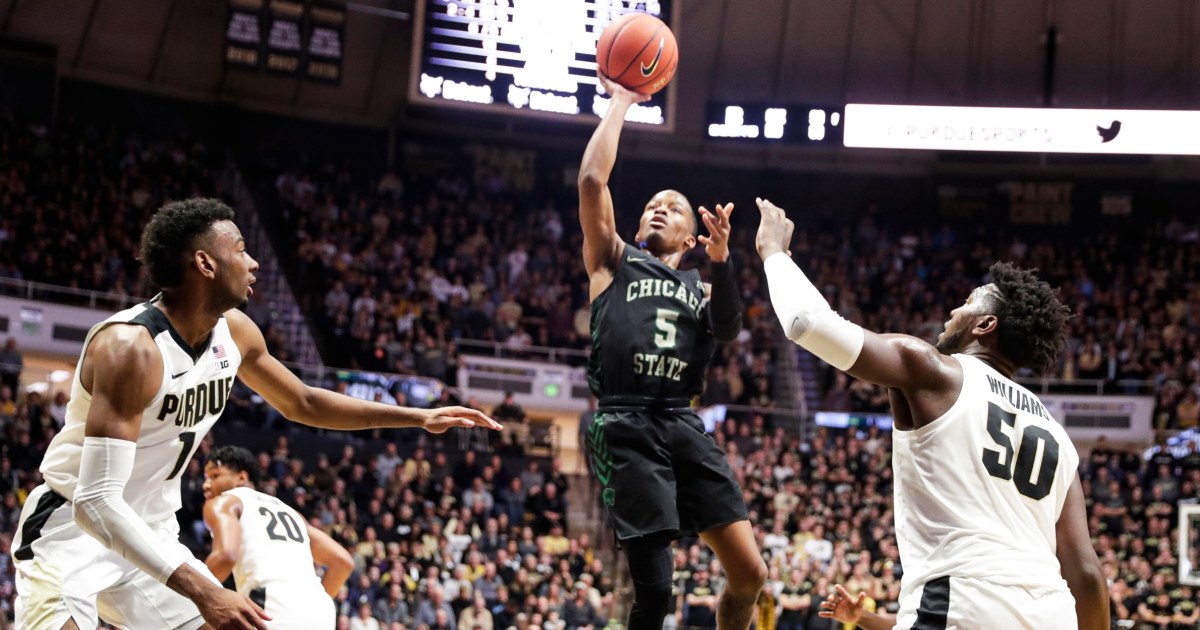
Elliott Charles, a young administrator at Chicago State University, feared he’d “committed career suicide” two years ago when he made the unprecedented decision to cancel basketball games over a budding health crisis.
The move on March 4, 2020, made the little-known school the first sports program from North America’s four major sports leagues or NCAA Division I to cancel games because of the coronavirus pandemic.
“I had that moment of extreme palpitation,” Charles, the school’s athletic director, said recently, reflecting on the decision exactly two years ago. “I mean, this is not what athletic directors do. We’re not epidemiologists. I’m not a politician.”
The early and prescient action by Chicago State, a federally designated predominantly Black institution on the city’s South Side, is rarely discussed when the collapse of sports in the early days of the pandemic is analyzed.
Rather, most of the sports world pinpoints the cancellation floodgate to March 11, when an NBA game in Oklahoma City, between the Thunder and the Utah Jazz, was dramatically called off moments before tipoff.
The dominoes fell quickly after that, as college basketball conference tournaments were canceled one by one in the second week of March. Baseball’s spring training was abruptly ended March 12, and the NCAA basketball tournament known as March Madness, one of America’s biggest sports events, was canceled that day, as well.
Charles’ boss, university President Zaldwaynaka Scott, admitted recently that she didn’t know then — although it’s common knowledge now — that immunocompromised people, such as cancer patients, are particularly susceptible to Covid-19.
Like most people at the time, she said, she was working with limited knowledge about the virus’s spread or the risks the school’s staff and students faced.
“We were way behind in the science. So no one understood the vulnerabilities of anybody to it,” Scott said.
“There was no vaccine, and there was not a lot of understanding of even about how it was transmitted. I mean, there was a point where we were talking about surfaces and wiping down groceries.”
Being the first athletic program to pull the plug couldn’t have been an easy choice, said Dan Lebowitz, the executive director of the Center for the Study of Sport in Society at Northeastern University in Boston.
“It’s always easy to jump on something that’s moving and has momentum and people believe in,” Lebowitz said. “But to be the first to make that statement — people don’t look at you as an outlier. They look at you like you might be insane. If that’s where the groundswell started, let’s give them their due.”
Chicago State’s men’s team had been set to travel west to play Seattle University on March 5, 2020, and at Utah Valley University on March 7. The women’s team had been scheduled to play the same schools on those days in Chicago.
But leading up to that week, Seattle had been identified as the country’s coronavirus hot spot.
The first known death from the virus at the time was reported near Seattle on Feb. 29, prompting Washington Gov. Jay Inslee to declare a state of emergency. (Months later, it was determined that the U.S.’s first coronavirus death had happened weeks earlier near San Francisco.)
The notion that Seattle was particularly risky relative to Chicago may seem ludicrous now, as Covid-19 has killed more than 958,000 people in the U.S. and at least 5 million people worldwide, without any regard for borders.
Still, for a two-time leukemia survivor like Lance Irvin, the Chicago State men’s basketball coach at the time, the prospect of getting on a plane to the Pacific Northwest was concerning. He relayed his fears to the school’s administration on March 1.
“Back then, stuff was happening, and nobody understood why this was happening. People were dying around there, and the last thing I wanted to do, on my watch, was taking kids into that situation and then come back to call their family and say, ‘Something happened to your child,'” Irvin said. “From that standpoint, that’s a terrible feeling, and I didn’t want to be responsible for doing that.”
Irvin’s concerns prompted a flurry of phone calls to health experts, coaches and administrators before Charles asked Scott for her backing to call off games.
“I was worried that was going to be career suicide if I canceled these games,” Charles said. “I never heard of anything like this.”
Charles, 38, had taken the job at Chicago State just three months before the pandemic struck. Before that, he held athletic department posts at the University of Alabama, Florida A&M University, the University of South Florida and Clemson University.
One of his friends from Clemson is a native of Wuhan, China, and Charles had been keeping up with the news from the region. So he was already well versed in the virus by the time it reached U.S. shores.
“I remember thinking, ‘My gosh, the doomsday preparer Elliott Charles actually noticed and saw something that was significant,'” Charles joked.
Of the whirlwind of calls that ended in the March 4 cancellations, he added: “It was terrifying. It was extremely fast.”
Chicago State’s announcement came a full week before the World Health Organization declared the coronavirus a pandemic.
The men’s team didn’t take the floor again that spring, and the women’s squad played just once more before the world sports went into months of hibernation.
The women’s coach at the time, Misty Opat, said the cancellations stunned her.
“At that moment, I think you do question it. Because at that point there’d been a few cases in the Seattle area, but it hadn’t gone rampant, so it was like, ‘Are we overreacting?'” said Opat, who is now the women’s basketball coach at Cochise College in Arizona.
“In hindsight, we weren’t. The president had foresight, and I have total respect for her. But at the time, I thought, ‘Why are we the only ones doing this?'”
The cancellation was a particularly bitter pill for then-Cougars forward Ines “Nesi” Mata Boix. She was robbed of her Senior Night celebration, which her mother had traveled to Chicago from Spain to see.
Boix still thinks Chicago State officials didn’t initially do a good job of communicating their reasoning for the cancellation. But any disappointment or disagreements about pulling the plug were soon wiped away.
“My mom was sad, but she didn’t know what was going on,” said Boix, who now plays for Vantage Towers Alcobendas, in the second division of women’s professional basketball in Spain.
“It wasn’t until she came back to Spain that she understood what was happening. The situation in Spain was critical a couple of days after she came back from Chicago.”
Players on the men’s team knew their coach was a cancer survivor, so the possibility of game cancellations had been internally discussed the week before, according to Xavier Johnson, Chicago State’s leading scorer at the time, who’s now a graduate student at the University of Texas Rio Grande Valley.
Johnson recalled his first thought after finding out the trip was off — it turned out to be a giant understatement.
“It was kind of like, ‘Oh wow, this Covid stuff could actually get out of hand?'” he said.
Scott said she had no doubts about the school’s decision in the moment. Even if the coronavirus had been immediately contained and Chicago State turned out to be the only school that canceled games, Scott said, she wouldn’t regret backing Charles’ recommendation.
“The decision is instructive for hindsight — when you’re confronted with facts that create a lot of uncertainty for the health and wellness of your students and campus, the default should be what’s in the best interest of students,” she said. “Always.”
Both basketball programs have changed coaches since the pandemic, and they’re still struggling to find winning paths forward on the floor.
The women were 0-14 last year and are 4-22 now, with one contest remaining.
The men were 0-9 in a Covid-abbreviated 2020-21 season and are 7-23 now, with one game left— at Seattle on Saturday, in the Cougars’ first visit there since 2019.

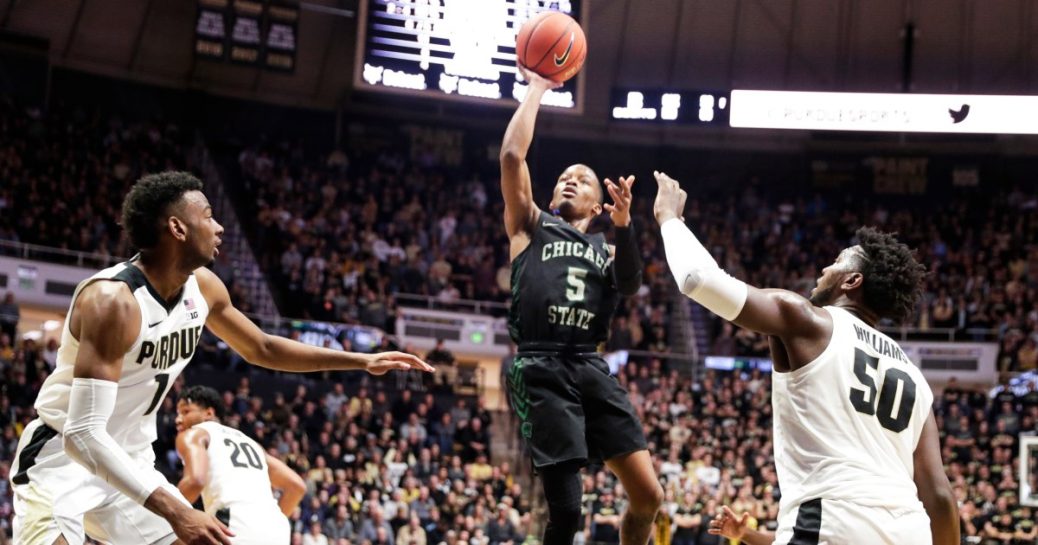

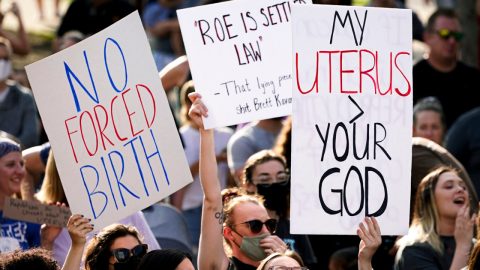
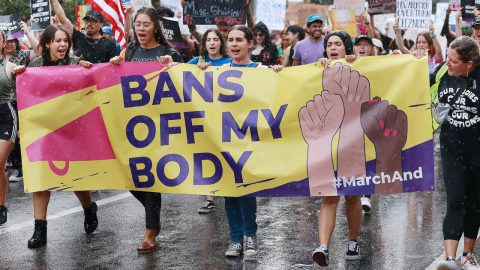
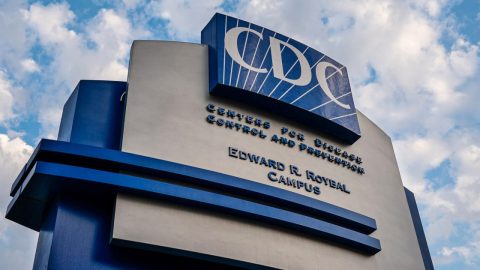
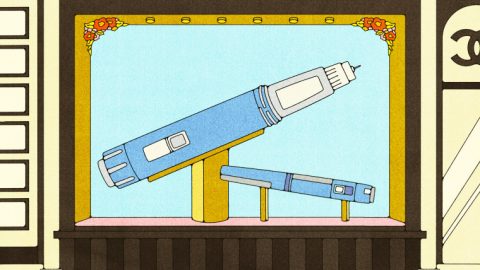



Recent Comments